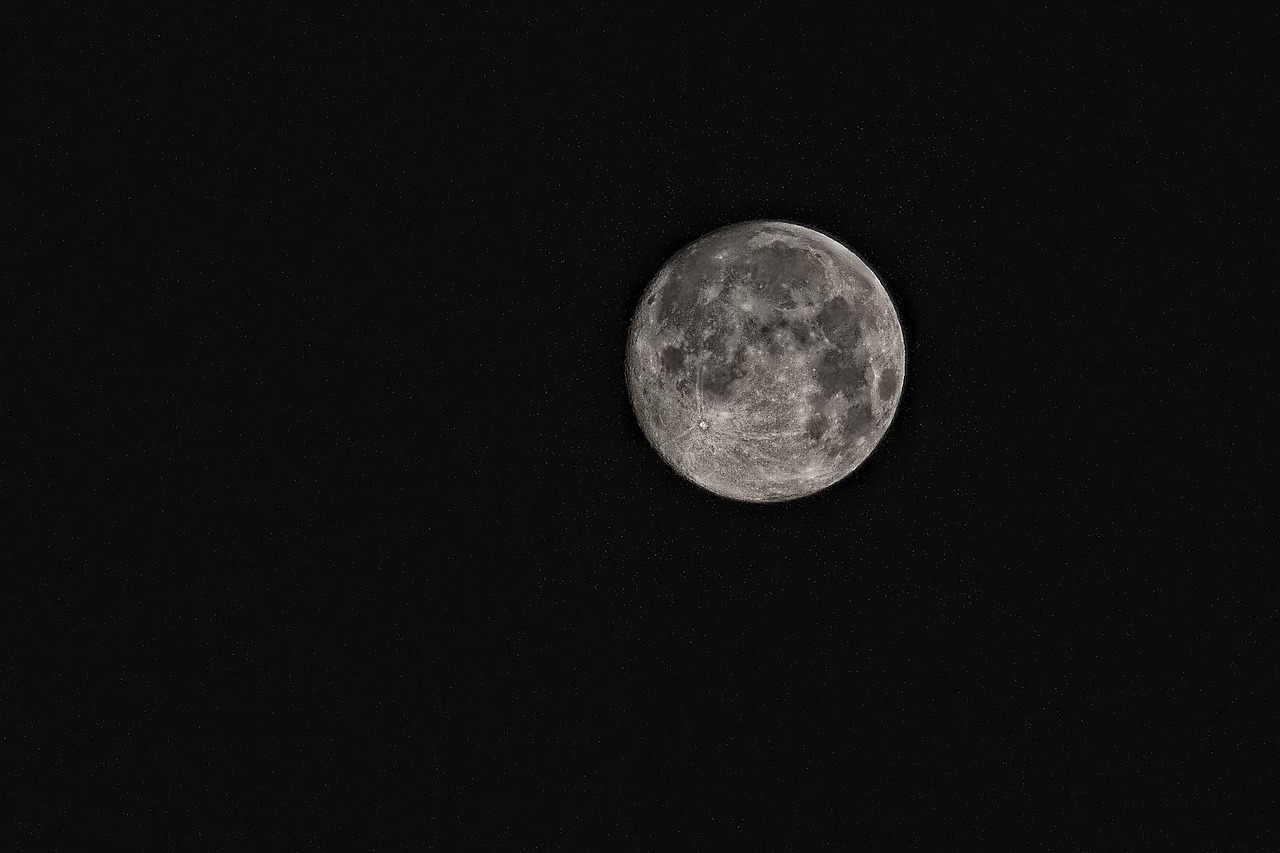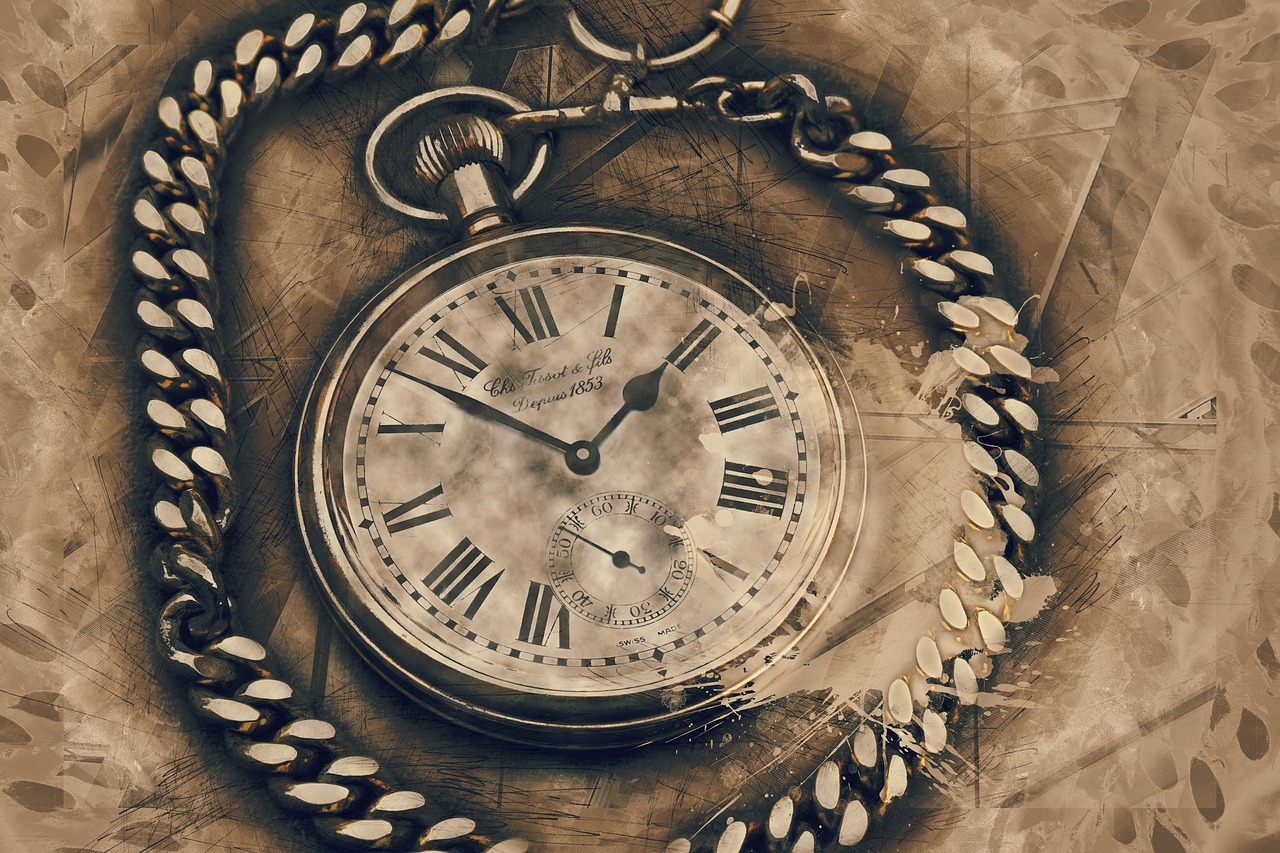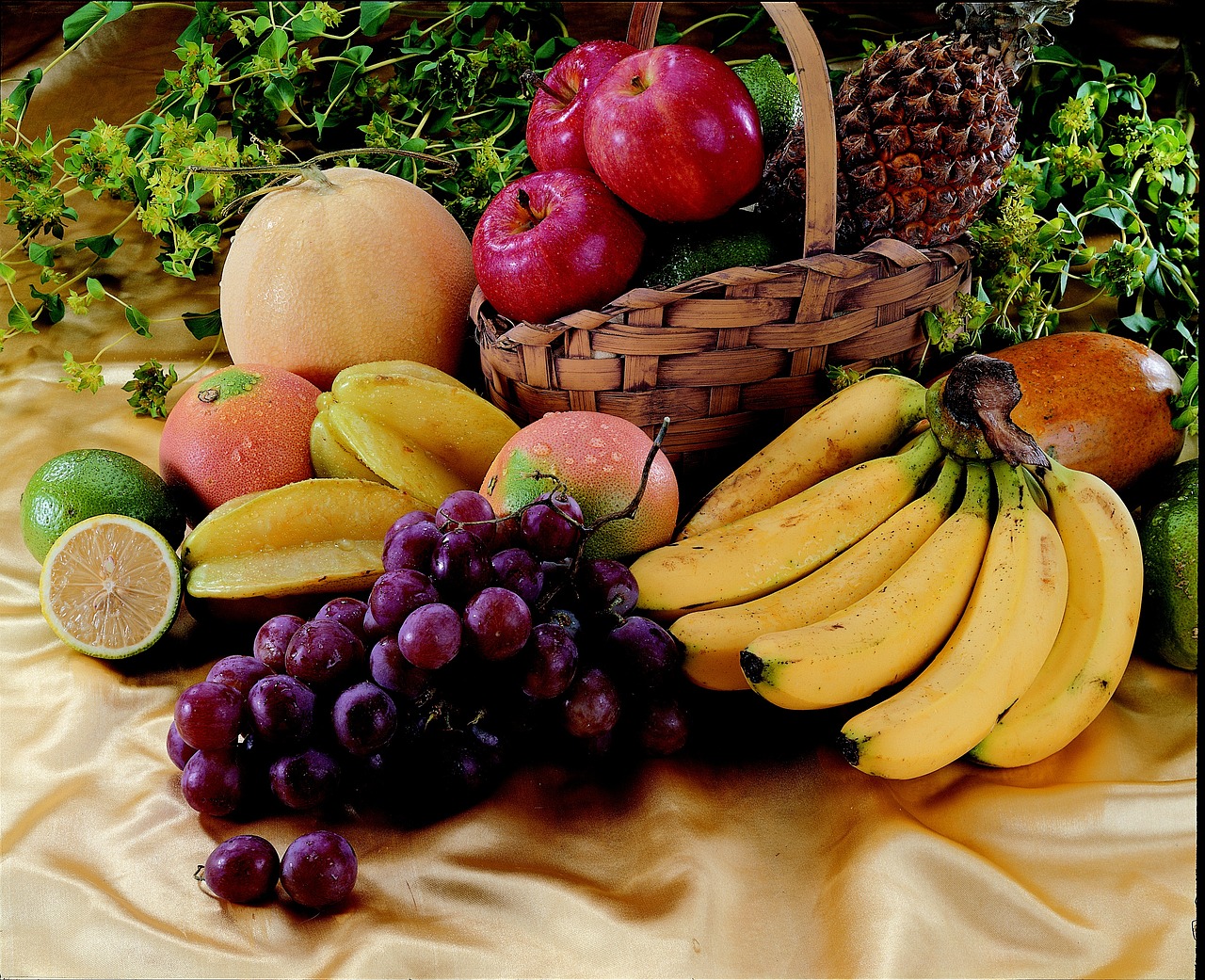NFT Creative Writing Contests: A New Frontier for Literary Talent

Non-Fungible Tokens (NFTs) have transcended their origins in the digital art market to become a versatile tool across various creative domains. Among these, NFT creative writing contests are rapidly gaining traction, offering unique opportunities for writers to share their work and stand out in an increasingly digital literary landscape.
At their core, NFTs are unique digital assets verified on a blockchain, providing a new way to own and trade digital works. They ensure authenticity and provenance, which are essential for creators in any field. In the context of creative writing, NFTs offer a groundbreaking way to publish, sell, and distribute literary works, while ensuring that ownership and originality are preserved.
The Mechanics of NFT Writing Contests
NFT creative writing contests typically involve authors submitting their original works, which are then minted as NFTs. These entries can range from poetry to short stories, essays, and even serialized novels. The contest organizers usually offer a platform where these NFT literary works can be showcased and judged. The winners are often rewarded with cryptocurrency, NFT art, or opportunities to collaborate with established authors and artists.
- Submission and Minting: Writers submit their works to the contest platform, where each piece is minted as an NFT. This process is facilitated by blockchain technology, providing a secure and transparent ledger of all entries.
- Judging and Awards: Entries are evaluated by a panel of judges or through community voting. Winners may receive financial rewards, exposure, or further publication opportunities.
- Sales and Royalties: Authors can sell their NFT works on various marketplaces, with smart contracts ensuring that they receive royalties from any future sales.
Global Context and Industry Impact
The rise of NFT creative writing contests represents a significant shift in how literary works are perceived and valued. Traditionally, writers have faced challenges in monetizing digital content, often losing control over distribution and profits. NFTs address these issues by providing a secure and efficient way to manage digital rights and sales.
Globally, this development has democratized access to the literary market. Writers from diverse backgrounds and geographical locations can participate and gain recognition without the traditional gatekeeping of the publishing industry. Furthermore, NFT platforms often encourage community engagement, fostering a collaborative environment where readers, writers, and artists can interact directly.
Countries with a strong digital infrastructure, such as the United States, South Korea, and several European nations, have seen a significant upsurge in NFT-related activities. However, the potential for growth is global, as more regions develop the necessary technological frameworks to support blockchain-based initiatives.
Challenges and Considerations
Despite the promising potential, NFT creative writing contests also present challenges. The environmental impact of blockchain technology, primarily due to energy-intensive proof-of-work systems, has raised concerns. However, many platforms are now transitioning to more sustainable models, such as proof-of-stake.
Additionally, the legal and copyright frameworks surrounding NFTs are still evolving. Writers must navigate these complexities to ensure their intellectual property rights are adequately protected. Moreover, the volatility of the cryptocurrency market can affect the financial stability of NFT-based earnings.
The Future of NFT Creative Writing
As technological advancements continue to unfold, the role of NFTs in the literary world is poised to expand. Innovations such as smart contracts and tokenized ecosystems could redefine publishing and distribution channels, offering more robust solutions for writers to monetize their work.
NFT creative writing contests symbolize a fusion of technology and literature, opening new avenues for expression and recognition. For tech-literate professionals and creatives, this emerging trend offers a glimpse into the future of digital storytelling, where the boundaries of imagination and technology intersect.
In conclusion, while NFT creative writing contests remain in their nascent stages, they hold transformative potential for the literary industry. By embracing these digital innovations, writers can explore novel pathways to connect with audiences and redefine the value of their craft in the digital age.













